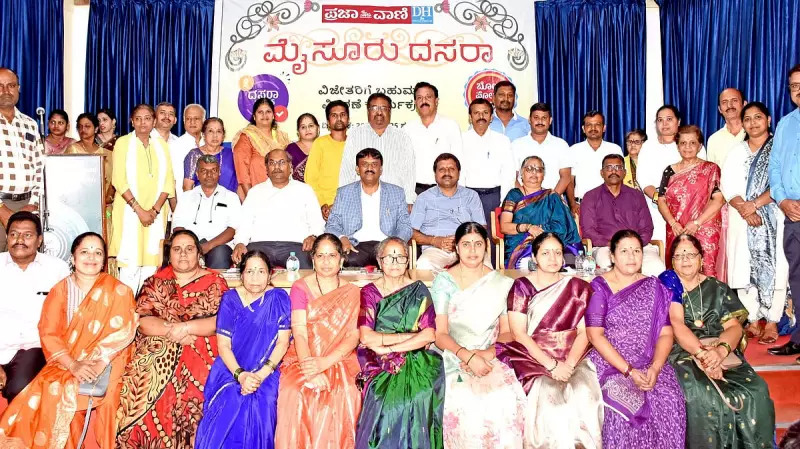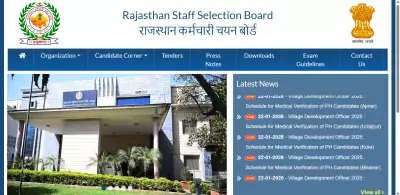
In an era dominated by screens and digital notifications, the University of Mysore is pioneering a unique approach to combat technology fatigue among students. The institution is reviving traditional arts and cultural practices as an antidote to the overwhelming presence of gadgets and social media in young lives.
Cultural Renaissance for Mental Well-being
Professor Nagesh V Bettakote, the Vice-Chancellor of the University of Mysore, emphasizes that traditional cultural practices offer more than just artistic value—they provide crucial mental relief from constant digital stimulation. "Our ancient arts serve as a natural counterbalance to the stress induced by perpetual connectivity," he states.
The Healing Power of Traditional Arts
The university's innovative program focuses on several key areas:
- Classical music and dance workshops that demand complete mental presence
- Traditional craft sessions that engage hands and mind simultaneously
- Meditative art forms that promote mindfulness and concentration
- Cultural immersion programs that reconnect students with heritage
Addressing the Digital Overload Crisis
Modern students face unprecedented challenges with gadget addiction and social media dependency. The University of Mysore recognizes that simply restricting technology isn't the solution. Instead, they're providing compelling alternatives that naturally reduce screen time.
"When students discover the joy and satisfaction of creating traditional art, they voluntarily reduce their gadget usage," explains Professor Bettakote. The initiative has shown promising results in improving student focus and reducing anxiety levels.
A Model for Educational Institutions
This pioneering approach combines cultural preservation with contemporary wellness needs. The university plans to expand these programs, integrating them more deeply into the academic curriculum while maintaining their voluntary nature.
The success of this initiative demonstrates how educational institutions can play a vital role in addressing modern mental health challenges while simultaneously preserving and promoting cultural heritage.





